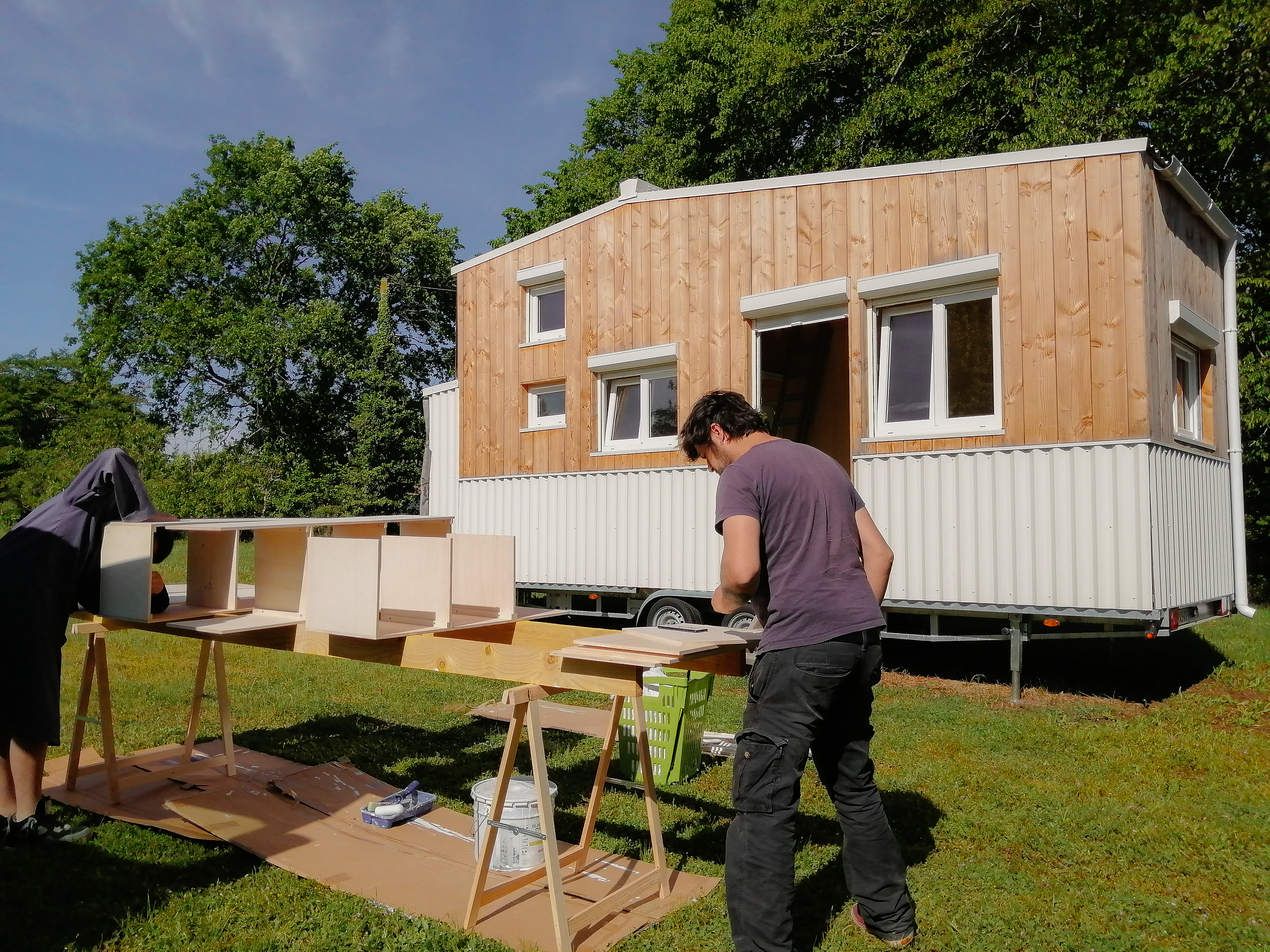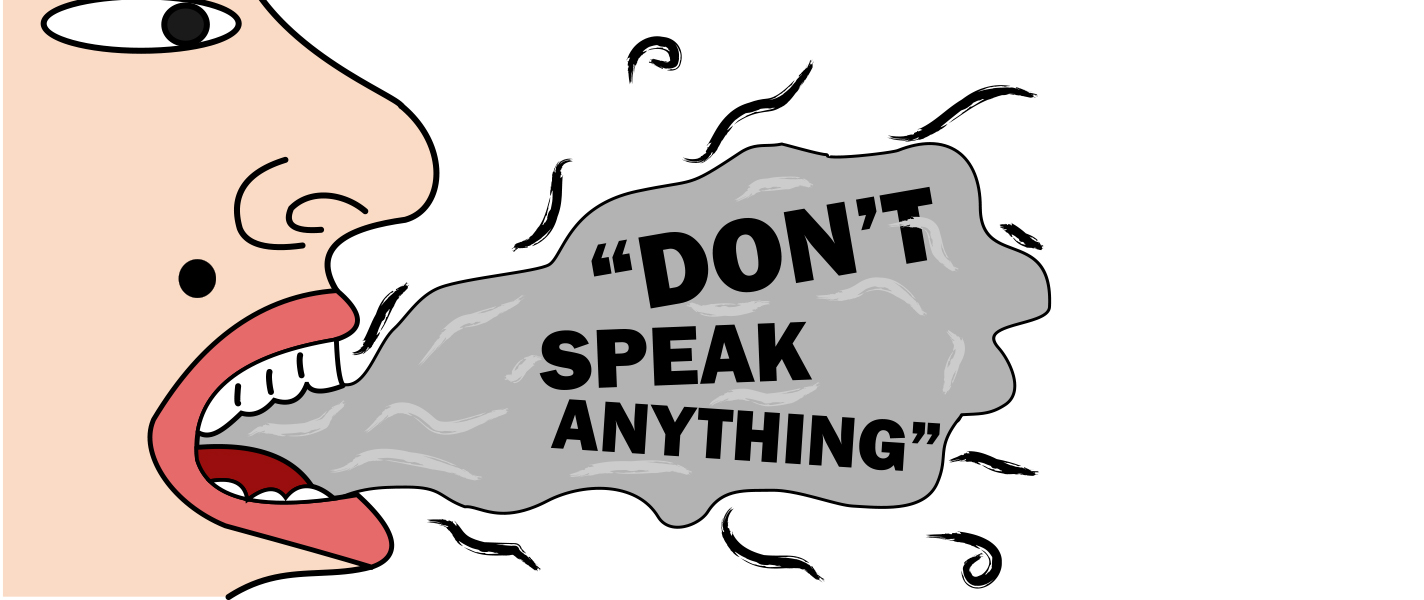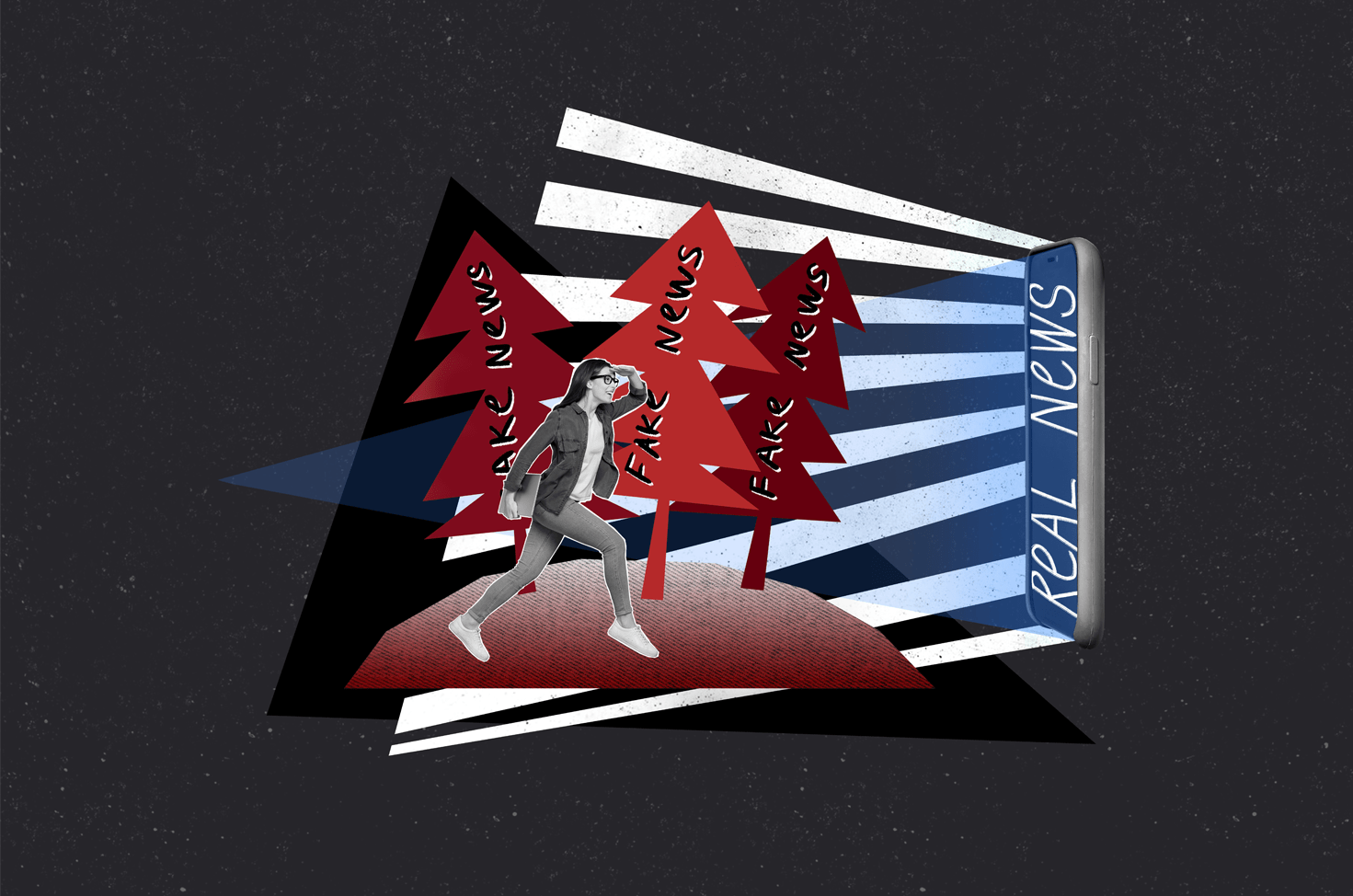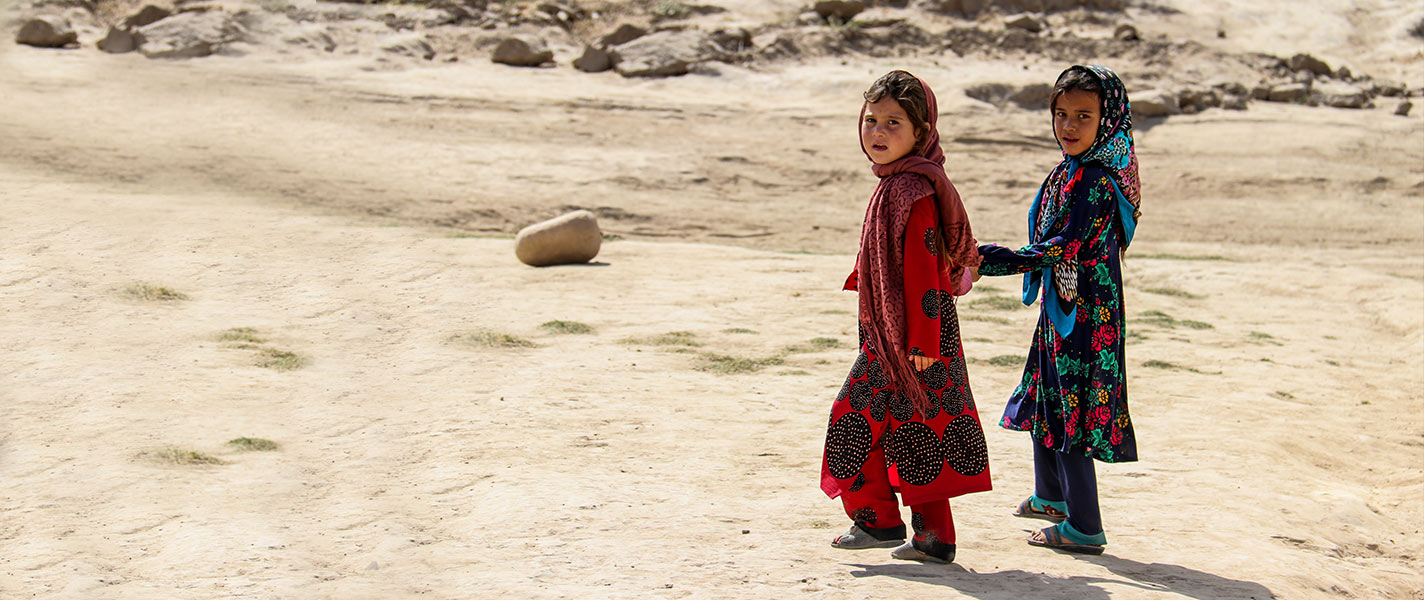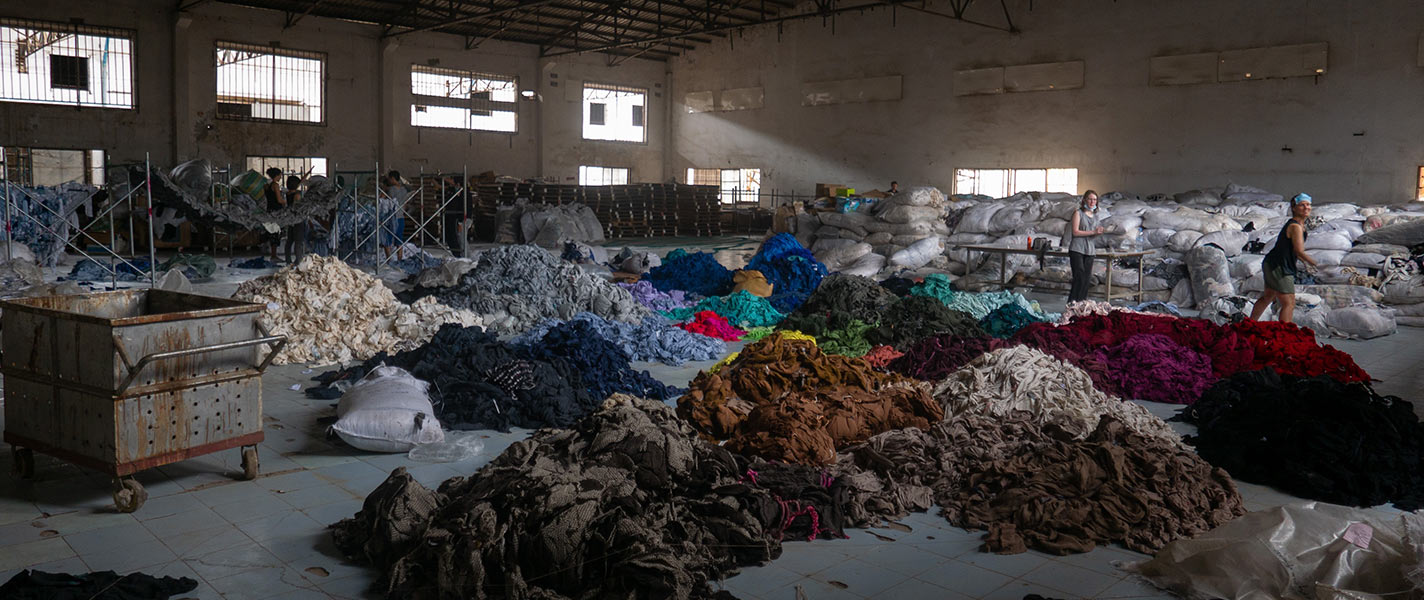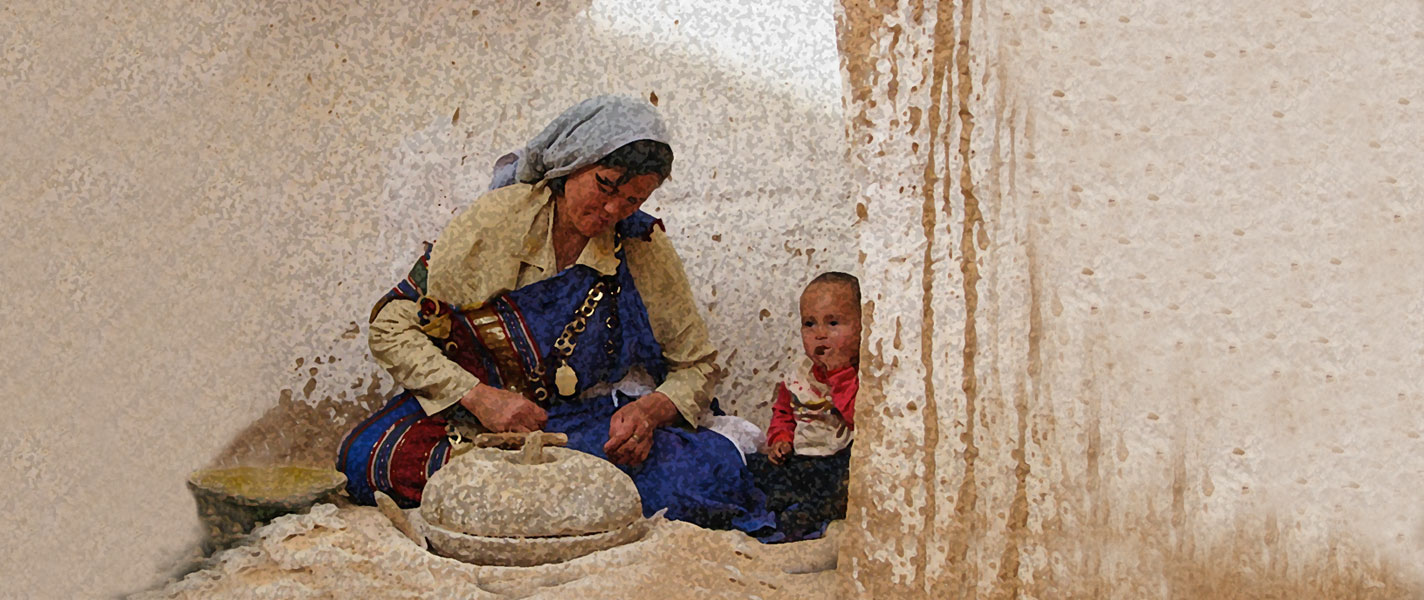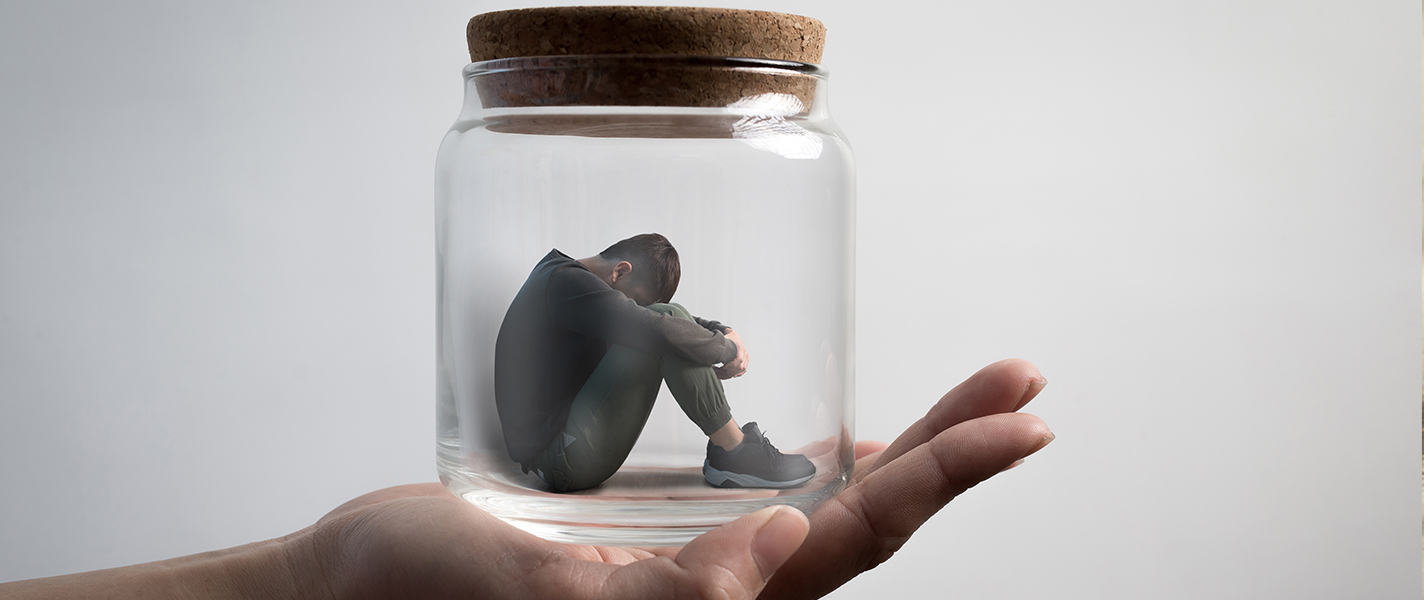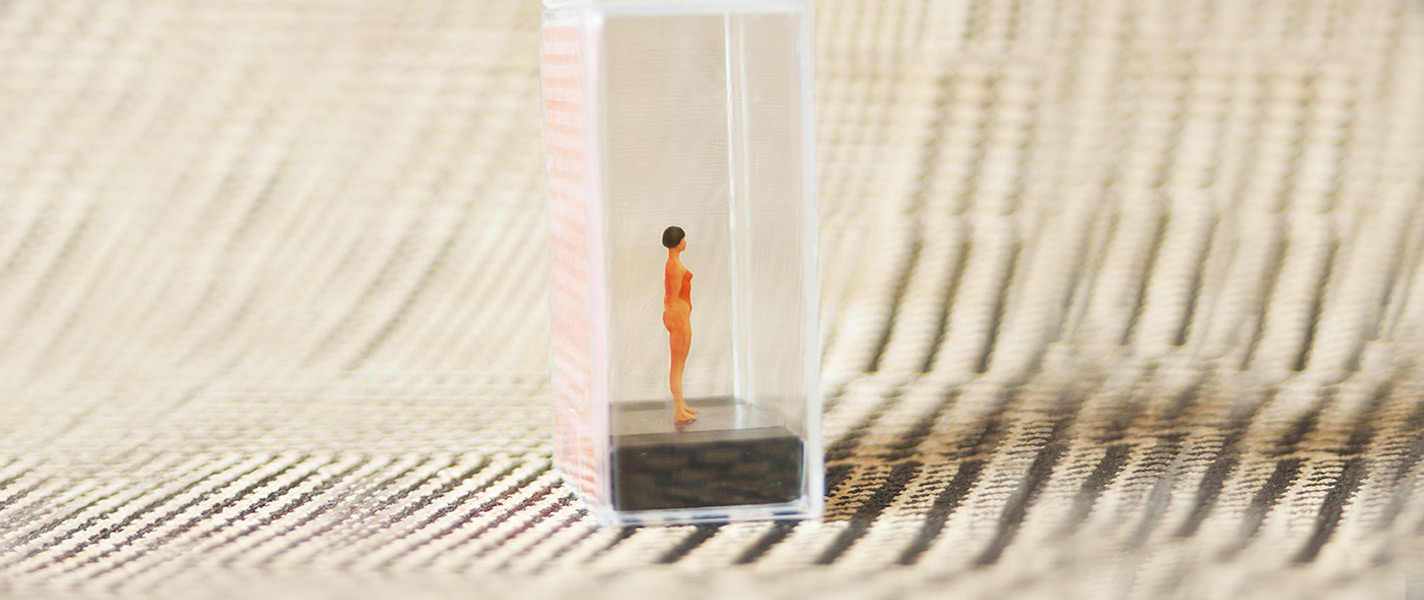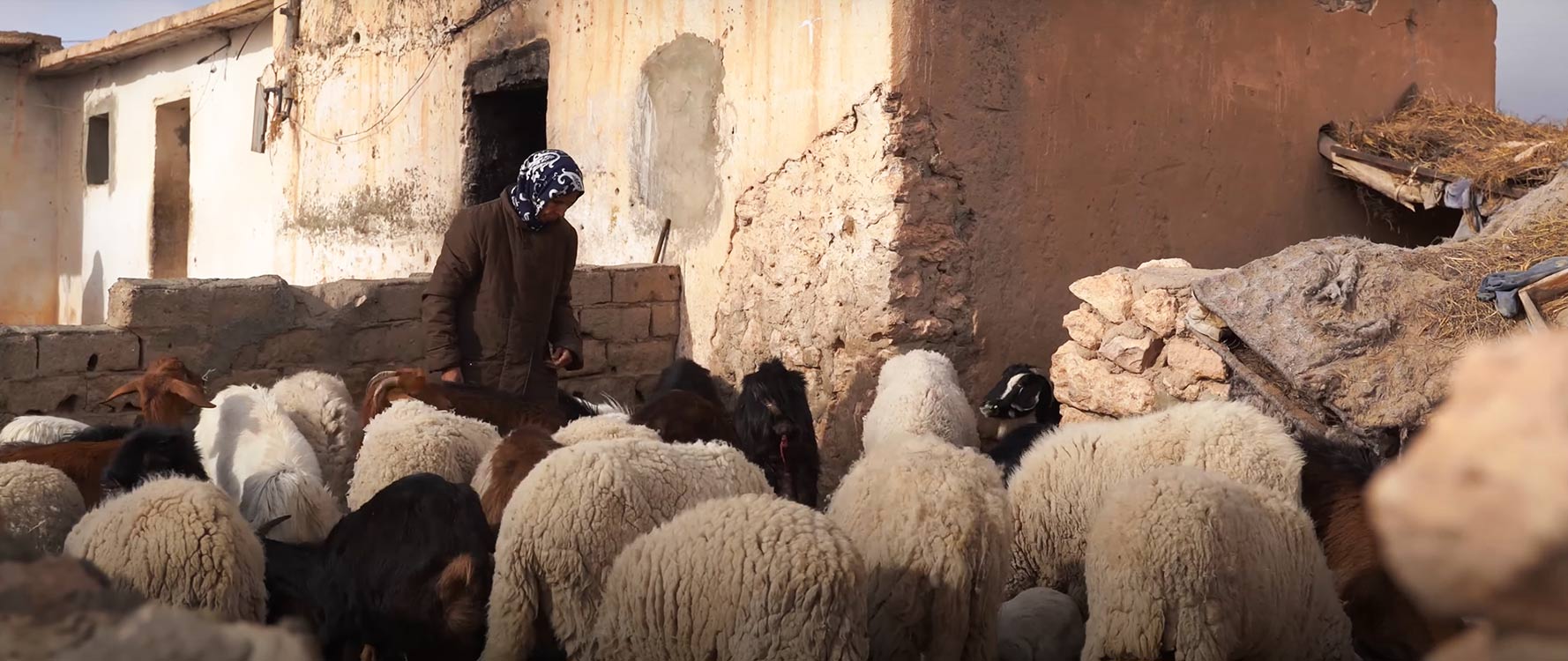Tiny Lab: A Response to the Housing Crisis and Restricted Access to Property
Housing is today a major issue and access to property has rarely been so complicated, with a decreasing purchasing power and tighter borrowing conditions. Furthermore, ecological concerns about the footprint of our habitats are more pressing than ever. In this context, many wannabe homeowners face difficulties when trying to access property.
Innovative and sustainable perspectives
Tiny Lab, an association committed to making housing more accessible, creates lightweight, autonomous, and accessible habitats for all. They have designed a prototype of a tiny house that can be replicated for those interested in owning one.
“The idea is to embrace degrowth, which aims at producing less to preserve our natural environment, by designing habitats that are more autonomous,” Vincent Rieu, founder and president of the association, said.
He added: “We are trying to encourage as many people as possible to move towards more frugal housing that consumes little energy and is less expensive."
With a background in construction and a passion for sustainable living, Rieu set out to make owning a home more inclusive and accessible through Tiny Lab.
Jolène Rubio, a Tiny Lab member, said there’s a real problem with soil artificialization, which is the change of a natural surface towards artificial, notably to construct buildings.
“Lightweight habitats are reversible; they can be deconstructed or moved, and the ground will remain unaffected,” she said.
A social impact and inclusive approach
Tiny Lab has two main purposes. As mentioned above, the first is the design of ecological, healthy, and sustainably built housing. The second aims to make eco-housing accessible to everyone and to train future professionals in the construction of lightweight habitats.
The tiny homes are built using recycled materials, which were supposed to be buried
or burned. Tiny Lab identifies and analyzes whether the materials are fit for purpose before members find a way they can be incorporated into the construction of tiny homes.
"We have a center dedicated to supporting eco-builders who wish to acquire their own homes. Tiny Lab provides a place where they can build their habitat, with craftsmen available to advise and help them in the construction. We also provide them with tools that they might need in the process.” explains Vincent.
Tiny Lab has set its sights on becoming a professional training structure for those experiencing social difficulties and interested in pursuing a career in sustainable housing construction. The goal is to offer fixed-term contracts and training that will allow them to build a professional project in eco-habitat construction. The production of one habitat generates between 350 and 700 hours of work for one person.
Recently, the association has started co-building their tiny houses with disabled young people aged 12-25, offering them a first professional experience, accompanied by a specialized technical educator.
Ongoing advocacy for the recognition of tiny houses
“These tiny houses also address the problem of property access. I wanted to own my home, and I really believe that self-constructed eco-habitats are a real solution to this issue,” says Jolène.
Tiny Lab has extended the range of their habitats and produces converted containers and movable wooden frame houses with up to two bedrooms, for people without housing or victims of unsanitary housing.
Even if tiny houses are not the norm, a growing number of people are showing interest in them. This trend is also clearly visible on social media, where more individuals are sharing about their choice to live in smaller self-sufficient homes, closer to nature.
Regarding the French administration, the legal status of these habitats is still unclear, but the outlines are slowly beginning to take shape. In any case, Tiny Lab is determined to demonstrate to authorities the numerous advantages of their project.
